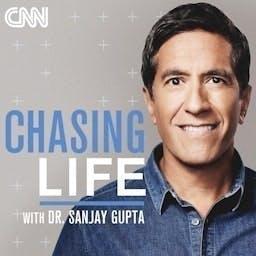The perennial fight returns... In one corner, there are the wizards: optimists who are betting that technology and economic growth can solve our problems faster than it can create them? In the other corner, prophets: who believe we have deeply lost in our way in ignoring limits and that we need to get ourselves back to the garden.
How much wizard and how much prophet do you have contained in your own heart?
Today's monologue episode has host Ross Kenyon exploring two recent books: Ezra Klein & Derek Thompson's Abundance, and Paul Kingsnorth's Against the Machine: On the Unmaking of Humanity, regarding how they continue the oldest and deepest fight in environmentalism.
This Episode's Sponsors
Absolute Climate: the only standard that’s developed independent of registries
Philip Lee LLP: legal resources for carbon removal buyers and suppliers
Listen to the RCC episode with Peter Minor from Absolute Climate
Listen to the RCC episode with Ryan Covington from Philip Lee LLP
Resources
Become a paid subscriber of Reversing Climate Change
Subscribe to the Reversing Climate Change Substack
Against the Machine: On the Unmaking of Humanity by Paul Kingsnorth
Abundance by Ezra Klein & Derek Thompson
"S2E53: Paul Kingsnorth on the shared roots of climate crisis, transhumanism, & immortality"
Teleology
Yin and yang
"S2E15: Are you a wizard or a prophet?—w/ Charles C. Mann"
The Wizard and the Prophet: Two Remarkable Scientists and Their Dueling Visions to Shape Tomorrow's World by Charles C. Mann
1491: New Revelations of the Americas Before Columbus by Charles C. Mann
Joseph Schumpeter & creative destruction
John Zerzan
Dunbar's Number
Primitivism
The World Until Yesterday: What Can We Learn from Traditional Societies? by Jared Diamond (do note the disputing of a claim I echoed from the book, that violence can be endemic in hunter-gatherer societies; take my words with a grain of salt here)
YIMBY
National Environmental Policy Act (NEPA)
Zapatistas
Battle of Seattle
"Anyway, Here's Wonderwall" meme
The Kinks Are the Village Green Preservation Society
Enabled Emissions Campaign
Amory Lovins
Wendell Berry
Ray Kurzweil
What Technology Wants by Kevin Kelly
If Anyone Builds It, Everyone Dies by Eliezer Yudkowsky & Nate Soares
A brief interpretation of some of Peter Thiel's Greta Thunberg antichrist comments
A House of Dynamite (film)
"The mountains are calling and I must go."
- John Muir
“I know not with what weapons World War III will be fought, but World War IV will be fought with sticks and stones.”
- Albert Einstein (attributed)
"The master’s tools will never dismantle the master’s house."
- Audre Lorde




































